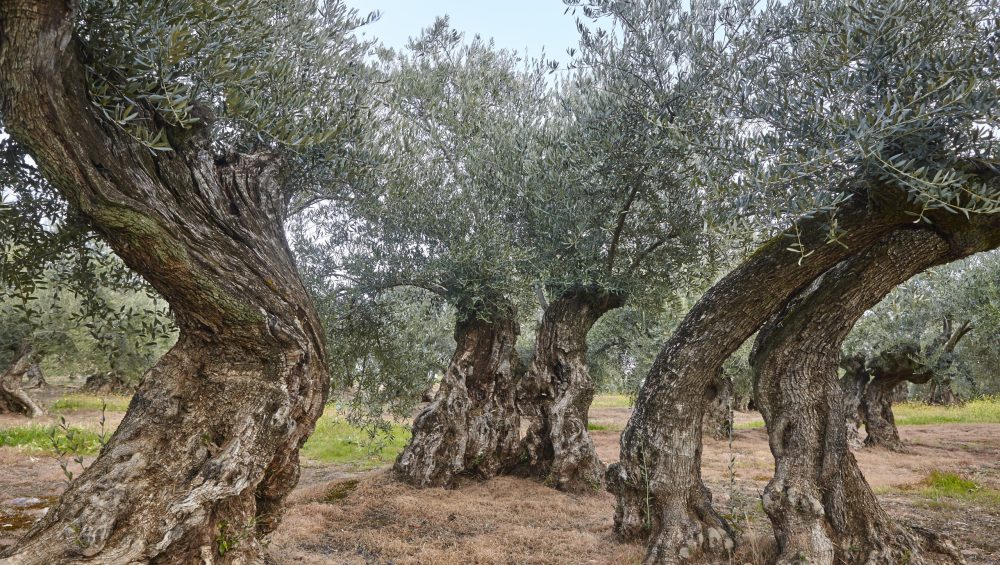Olive oil is not only a staple of modern tables but also one of humanity’s oldest and most precious treasures. The golden liquid we see in bottles today traces its origins back thousands of years. It left such profound marks on ancient civilizations that it served as a trade commodity at times and took center stage in sacred rituals at others. Let’s explore how olive oil transformed into a timeless legacy throughout history.
The First Traces Born in Mesopotamia
While opinions vary on the origin of the olive tree, Mesopotamia and the Eastern Mediterranean coast are considered among its earliest known homes. Archaeological excavations reveal the first evidence of olive oil production in Mesopotamia. References to olives and olive oil on clay tablets demonstrate that even then, the value of this product was well recognized.
A Source of Healing and Beauty in Ancient Egypt
For the Ancient Egyptians, olive oil was more than just food—it was a source of healing and beauty. Olive oil containers found in Egyptian tombs prove it was a significant gift even for the deceased. Egyptians used olive oil in skincare, turning to this natural wonder to heal wounds and moisturize the skin. It also held a place in temples and sacred ceremonies.
A Symbol of Sport and Sanctity in Ancient Greece
In Ancient Greek civilization, olive oil played a central role in nearly every aspect of life. Athletes rubbed their bodies with olive oil to prepare for competitions, a practice that not only protected the body but also symbolized strength and health. Olive oil was among the prizes awarded to Olympic victors. While the olive branch became a symbol of peace, olive oil was indispensable in both kitchens and sacred rituals.
The Golden Value of Trade in the Roman Empire
During the Roman Empire, olive oil became a cornerstone of a vast trade network. Olives grown across the Mediterranean were transported to Rome and stored in massive amphorae. It was used in Roman cuisine, medicinal recipes, and even as fuel for lamps. With its economic value, olive oil was as precious as gold and considered a marker of wealth.
A Millennia-Long Journey Continues at Our Tables
The olive oil we use today is more than just a food product—it is a living legacy of thousands of years of culture. This golden liquid, which shaped ancient civilizations, influenced trade routes, and inspired secrets of health and beauty, continues to grace our lives with the same natural simplicity. Carrying the traces of history in every drop, olive oil enriches our tables, sustaining its remarkable journey from the past to the present.











